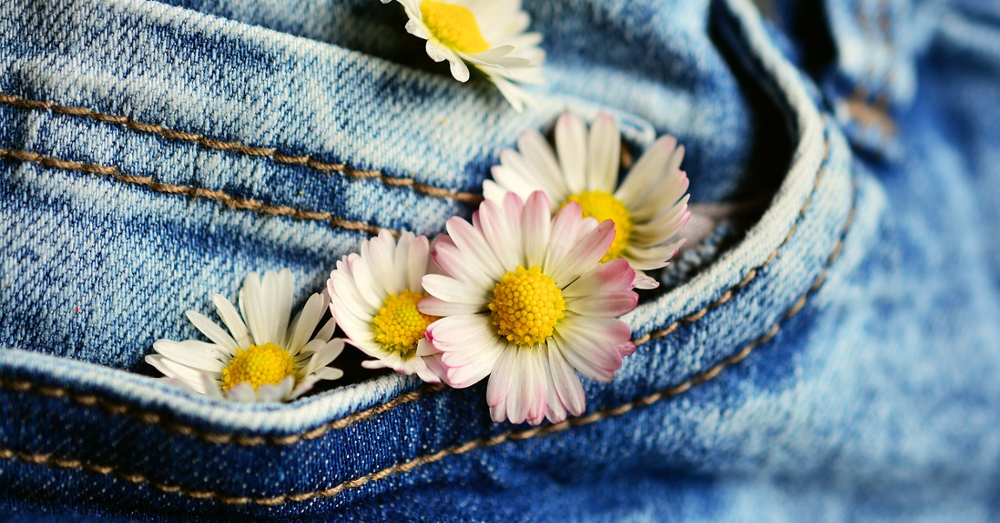
What Goes Into Making an Earth-Friendly $68 Pair of Jeans
Denim production is a “dirty business,” says Michael Preysman, chief executive officer of fashion e-tailer Everlane Inc. He’s not wrong. Chances are, those jeans you’re wearing produced 44 pounds of carbon dioxide and took up to 10,000 liters (2,700 gallons) of water to make, much of it ending up in waterways, along with toxic dyes and chemicals deployed in making denim.
October 6, 2017 | Source: Bloomberg | by Nic McCormack
Everlane aims to upend the environmental impact of denim manufacturing.
Denim production is a “dirty business,” says Michael Preysman, chief executive officer of fashion e-tailer Everlane Inc. He’s not wrong. Chances are, those jeans you’re wearing produced 44 pounds of carbon dioxide and took up to 10,000 liters (2,700 gallons) of water to make, much of it ending up in waterways, along with toxic dyes and chemicals deployed in making denim. The desire to do better is why, last month, Everlane embarked on its biggest endeavor to date: an eco-conscious jean. It’s the next step in the brand’s journey of radical transparency.
Everlane’s $68 price tag sits well in the quality green jean market. L.A. brand Reformation’s range of sustainable jeans costs from $118 to $168, Patagonia Inc.’s jeans retail from $99 to $119, Seattle-based Source Denim LLC’s Ethical Raw Jeans for men cost $139, while Swedish brand ReDew, whose jeans will soon be available online, has just debuted jeans in a limited number of U.S. cities, ranging in price from $150 to $195.
As with its bag factories in China, Everlane works hard to find the right factories at the right price, allowing for the disclosures that are going down so well with customers. For those $68 jeans, the “true cost,” according to the brand, is $28, including $7.50 for labor and $12.78 for materials. Everlane’s markup runs from double to triple, compared to an industry standard that ranges from five to six times costs.
